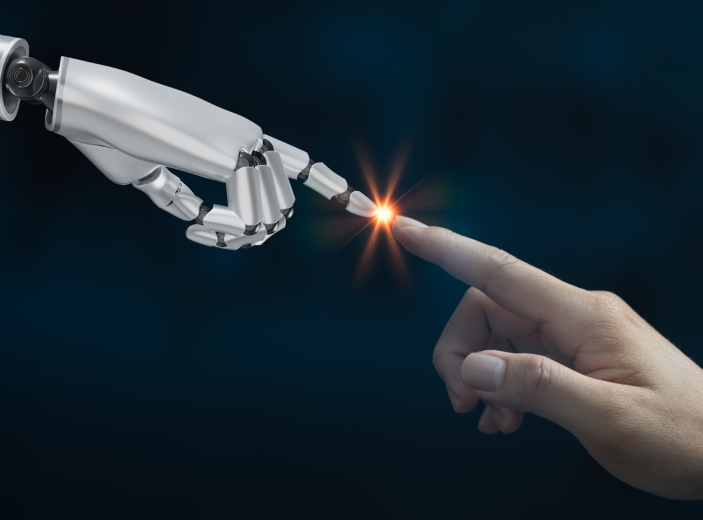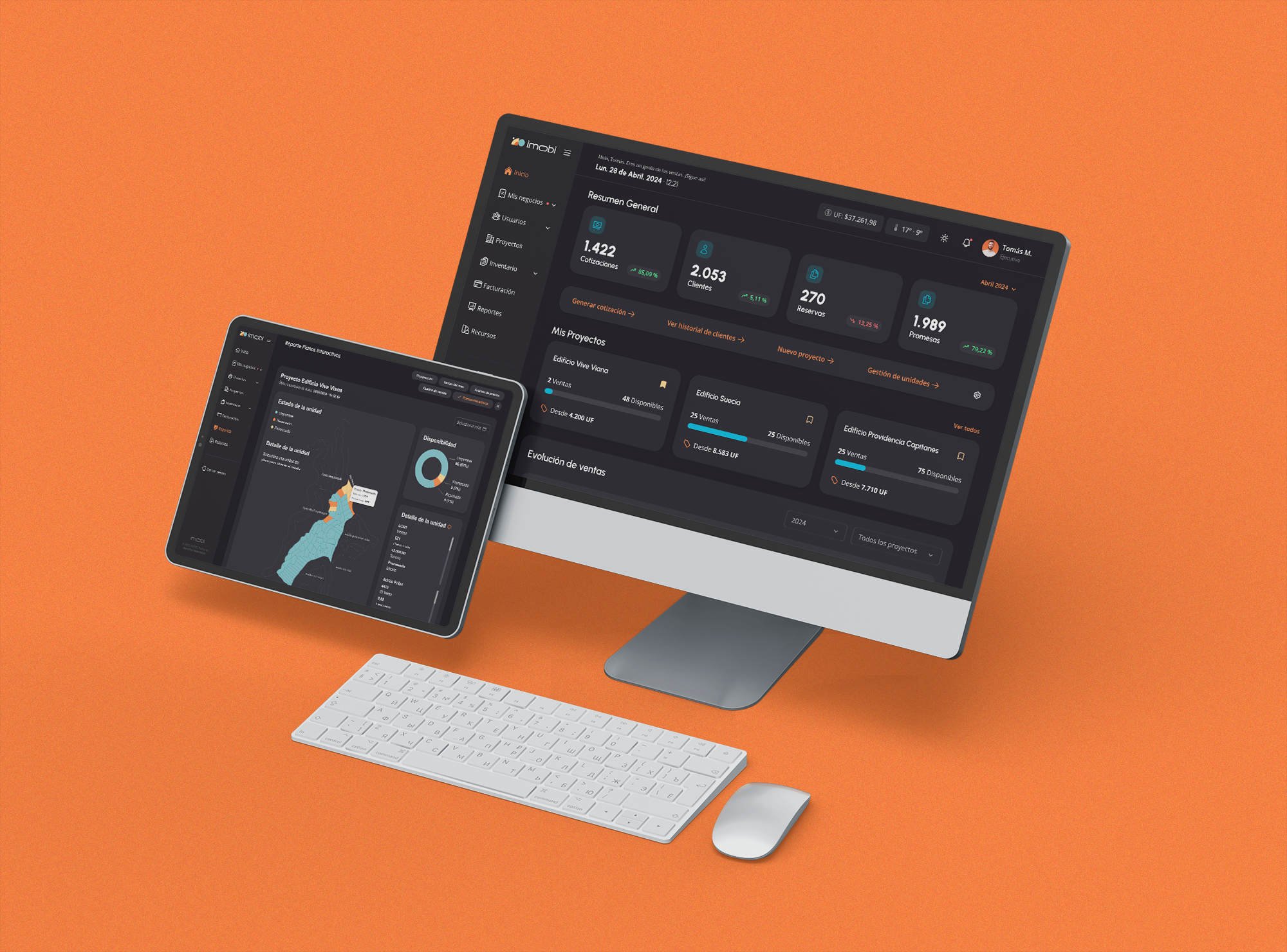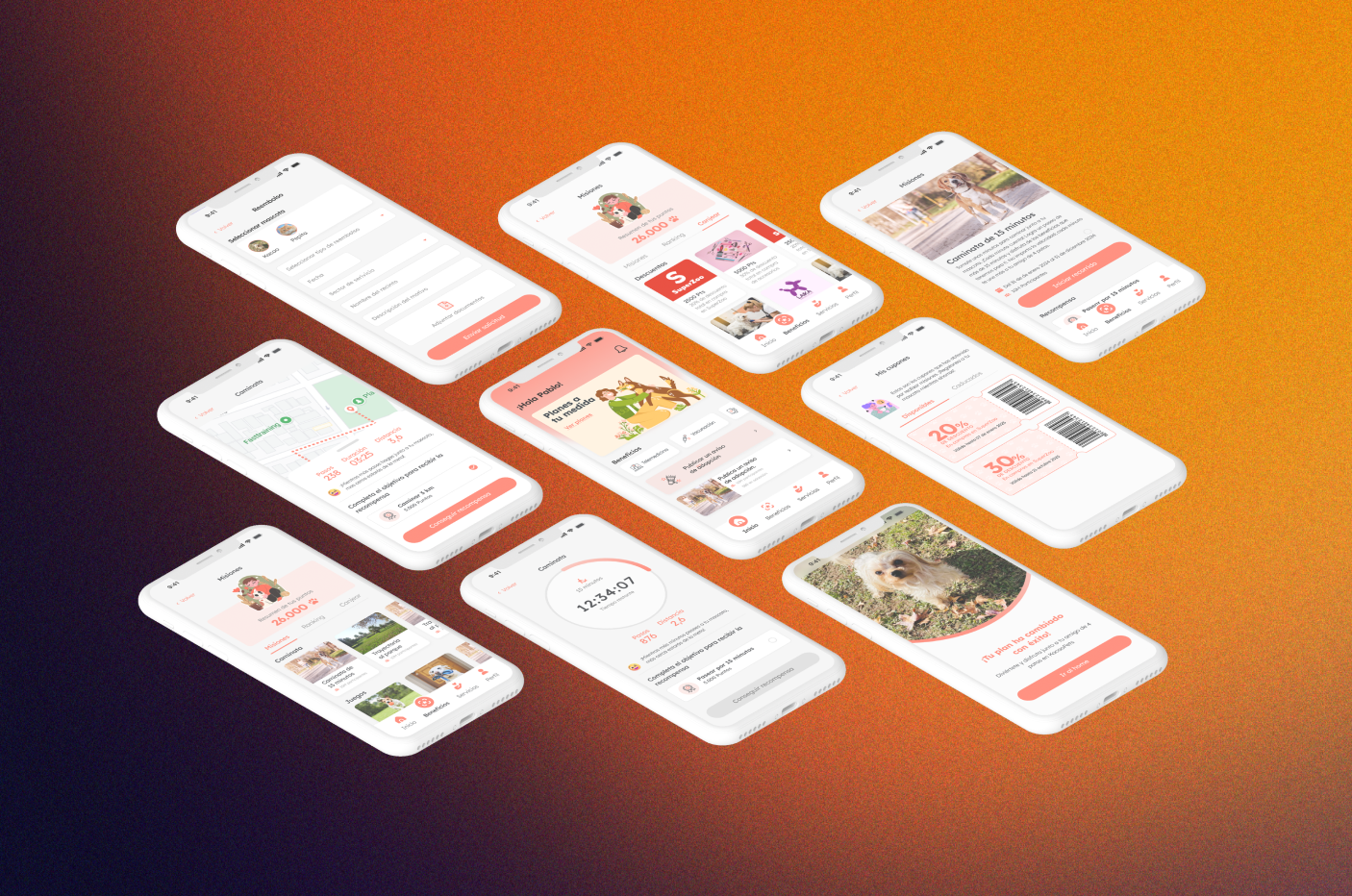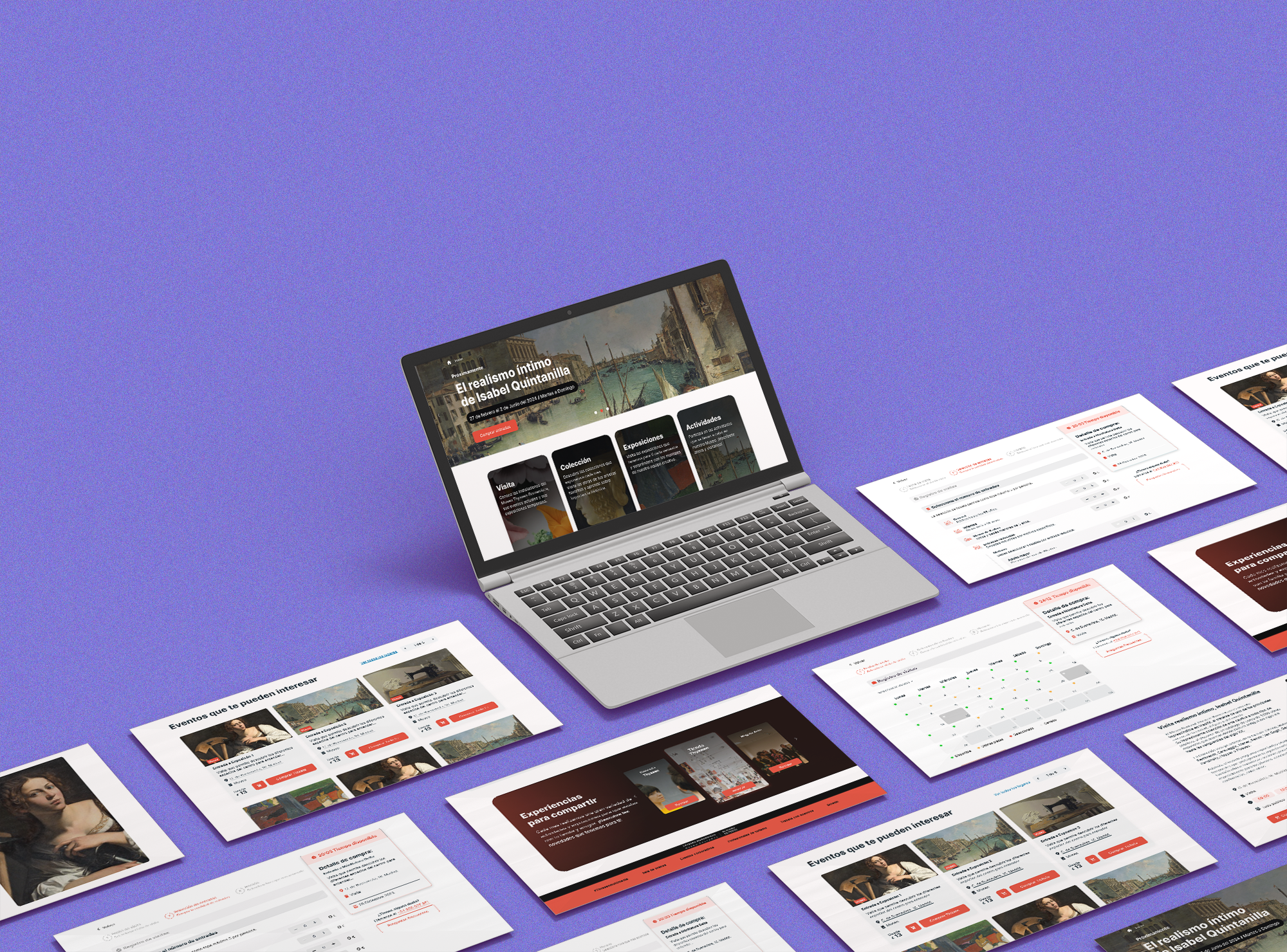Share this article
In a context marked by rapid changes in technology, markets, and labor dynamics, the “HR Trends Study 2025” conducted by Buk across Latin America identifies the most significant transformations that will shape the future of people management.
Companies that adopt these approaches will not only strengthen their competitiveness but also create more inclusive, equitable, and sustainable work environments.
Below, we present an analysis of the five key trends that will make a difference:
- Employer Brand: A Consistent Experience as the Core Value
The competition for qualified talent continues to grow in a market where technological advances are outpacing the speed of adaptation of educational systems. To attract and retain talent, companies must create authentic value propositions that align with the real experience of employees. The key is to offer a work environment where values and organizational culture align with what is communicated externally.
In an environment of transparency and social media, any disconnect between the brand promise and internal reality can seriously damage a company’s reputation. Therefore, building a value proposition based on the authentic experience of employees is crucial to establishing a strong employer brand.
- Diversity, Equity, and Inclusion (DEI) Beyond Slogans
Although many organizations have adopted DEI policies, these initiatives often lack depth. The study highlights the need to move from superficial actions to strategic and sustainable integration. Companies that manage to connect these initiatives with their business goals are more likely to generate real and lasting impacts.
An intersectional approach and the adoption of clear indicators are essential to measure progress and ensure that these policies benefit both the organization and its employees. Additionally, leadership plays a crucial role in making DEI a key pillar of organizational culture, rather than just a passing trend.
- AI as an Ethical Auditor in Human Resources
Artificial intelligence (AI) not only optimizes processes but also offers unique tools to improve equity and transparency in decision-making. For example, it can identify biases in selection processes, performance evaluations, or retention strategies. However, its effectiveness depends on the active collaboration between HR teams and technology to train, monitor, and ensure its ethics.
A notable case is the use of AI to prevent discrimination and workplace harassment by analyzing patterns in data and language. This not only strengthens organizational culture but also positions companies as leaders in responsible and advanced management.
- People Analytics: Maximizing What Exists
The evolution of human resources has led to an increasingly data-oriented approach. People Analytics allows for a better understanding of labor dynamics and informed decisions that boost productivity and engagement. However, many organizations face the challenge of not fully leveraging the data they already have.
The study recommends focusing on optimizing existing technological capabilities and systems, rather than reinventing tools. This includes reviewing and adapting indicators to reflect the current and future needs of employees and the business.
- HR Business Partner: A Bridge Between Talent and Strategy
The role of the Human Resources Business Partner (HRBP) has become a strategic link between people management and business objectives. This professional not only supports the development of critical skills for the future but also facilitates the implementation of programs aligned with organizational goals.
Looking ahead to 2025, the HRBP faces the challenge of leading upskilling and reskilling initiatives, anticipating labor market trends, and the changing needs of the workforce. Their role is fundamental in ensuring that employees become drivers of business growth and innovation.
These trends reflect the importance of adaptation and innovation in people management. Companies that adopt these approaches will not only strengthen their competitiveness but also create more inclusive, equitable, and sustainable work environments. Is your organization ready to lead the change?
To delve deeper into these trends, we invite you to read the full study conducted by BUK. Download it here.














